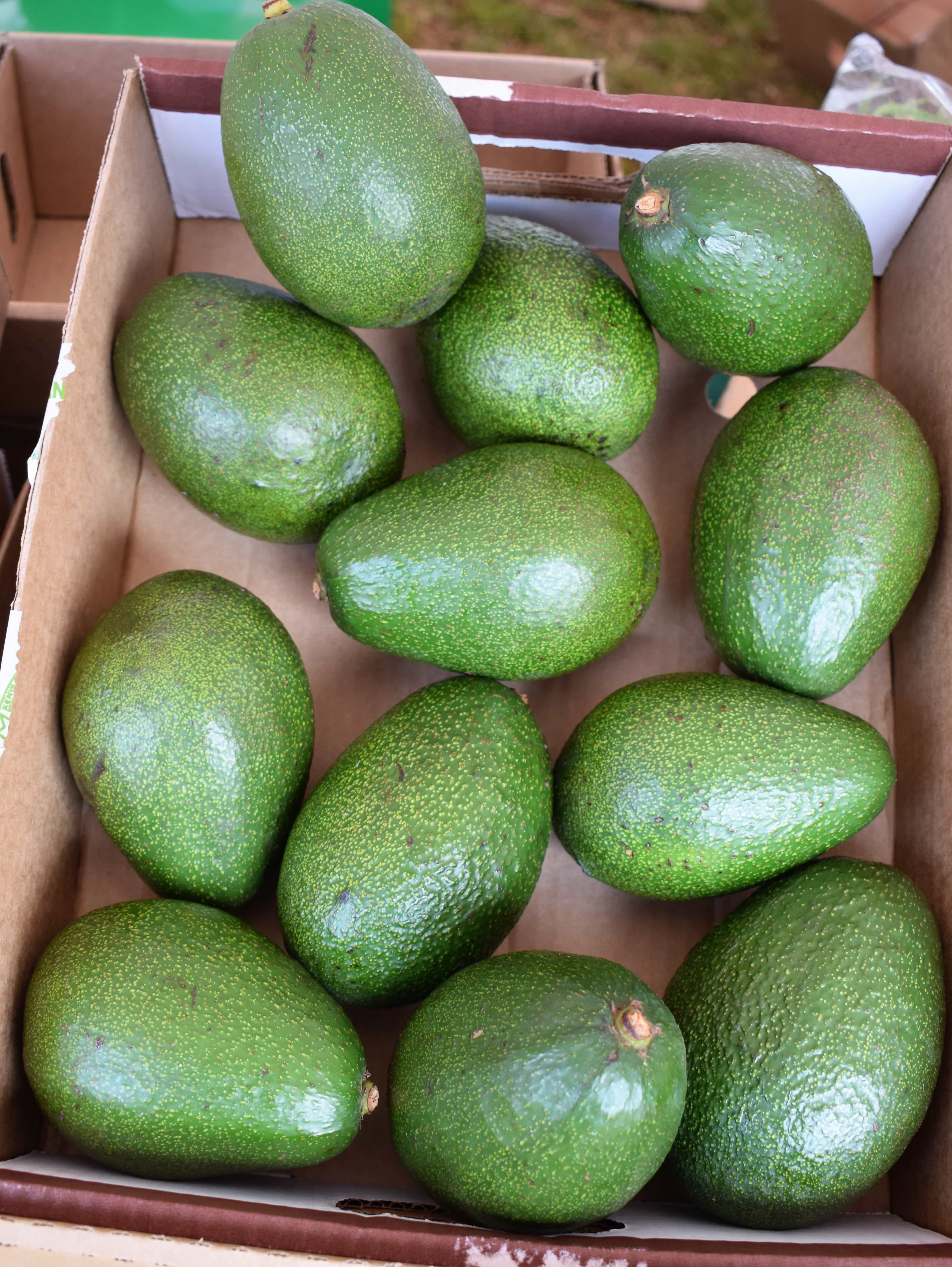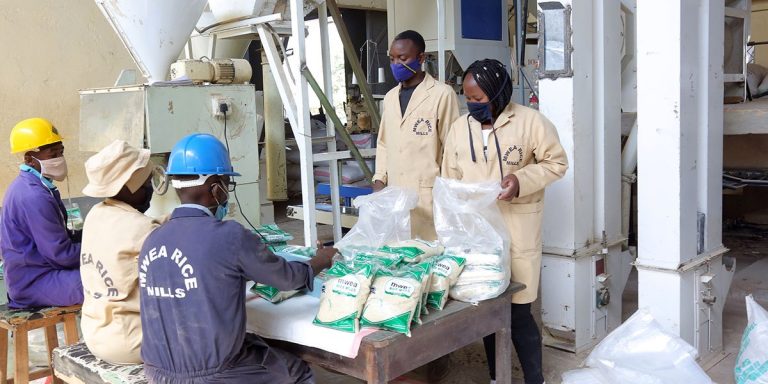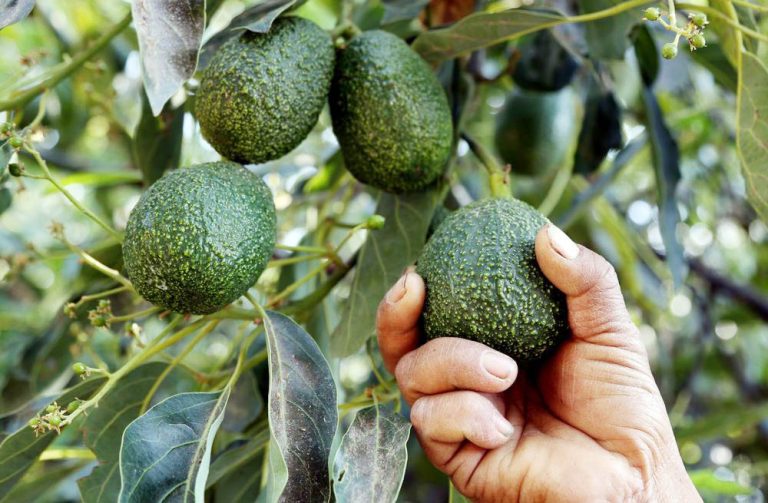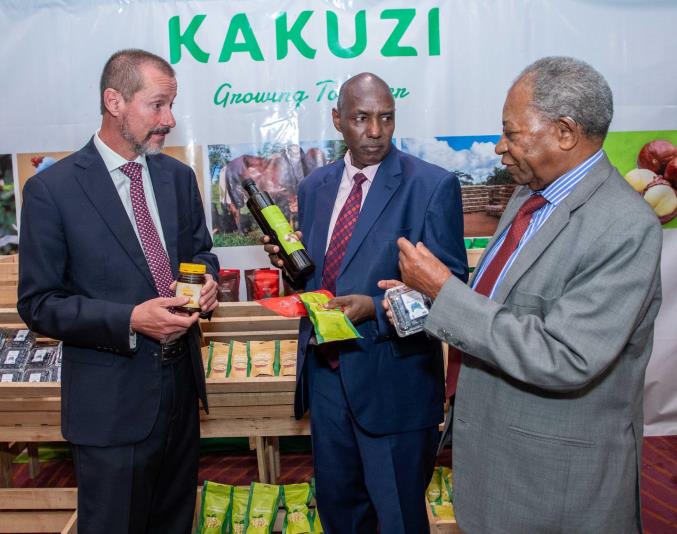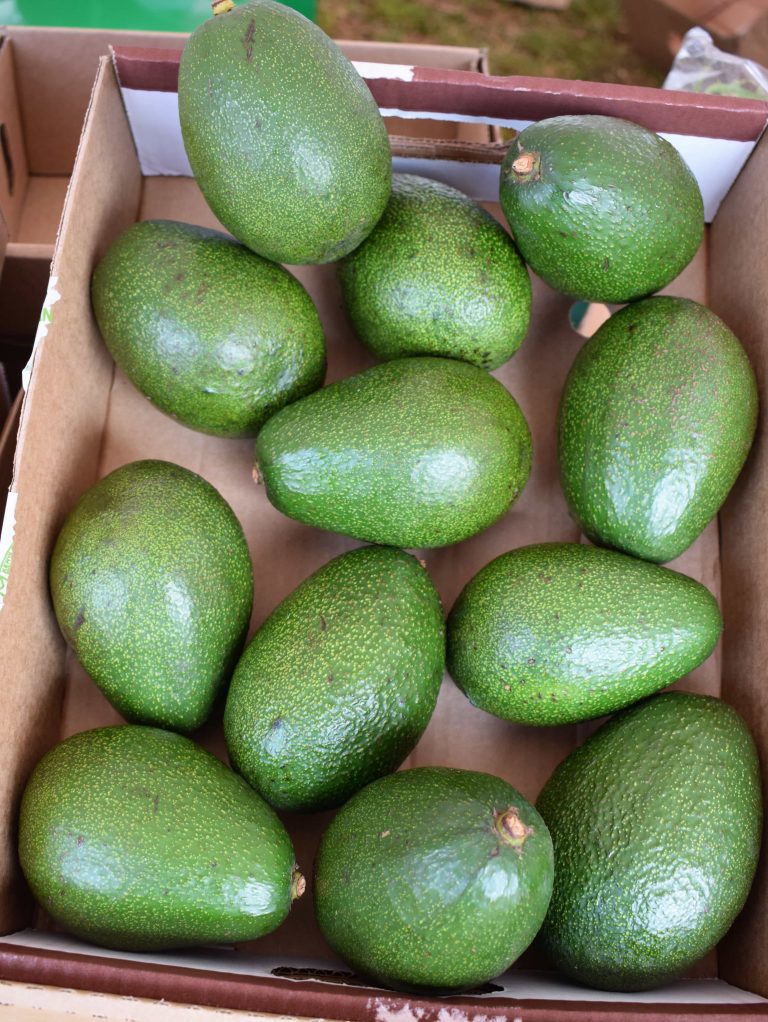By Kimuri Mwangi
The Avocado Society of Kenya has come under criticism over its recent posts on X (formerly twitter) alleging that Kenya is exporting immature avocado. The posts under the handle @KenyaAvocados names companies that are allegedly exporting the immature fruit and accuses the regulator of colluding with them. The posts tags Chambers of Commerce and envoys of various countries where Kenya exports avocado.
In response to the allegations, the regulator Agriculture and Food Authority (AFA), through the Horticultural Crops Department (HCD) has cautioned the CEO of the Avocado Society of Kenya Ernest Muthomi against posting such information as it was likely to injure Kenya’s trade in horticulture.
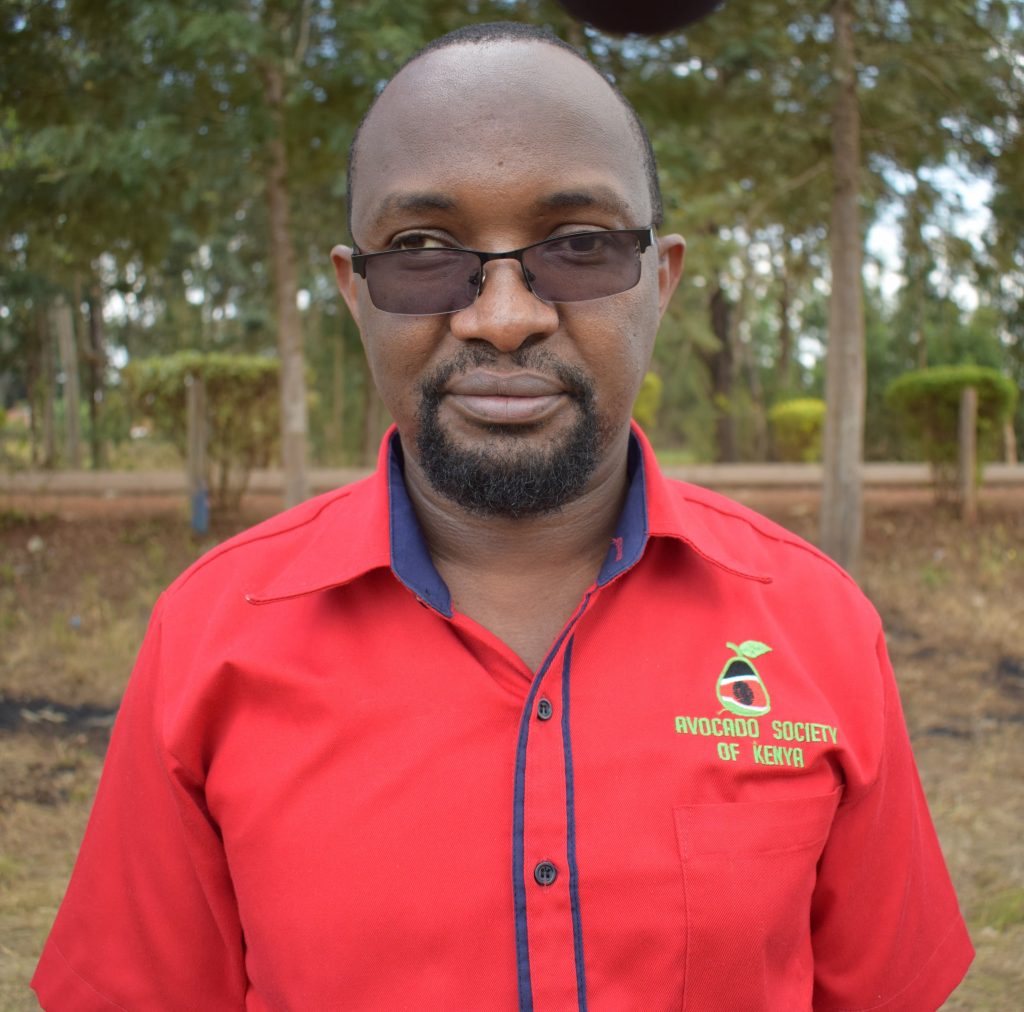
The acting HCD Director Christine Chesaro in a letter copied to all avocado exporters told Muthomi that “It is noted with great concern that your association has recently engaged in actions that cause disharmony and disrepute to the industry and likely to injure Kenya’s trade in horticulture. This was witnessed by your recent posting on social media of unverified information on Kenyan export of avocado to Dubai, false allegations that a particular export company had exported immature avocado while in reality the company had exported mango, verbal attacks on individuals and regulatory institutions on social media media platforms and failure to follow the right communication channels on a matter touching on the industry’s and national reputation. Your conduct is counter productive to the growth and development of the entire horticulture industry and has a negative impact on Kenya’s ties with other countries.”
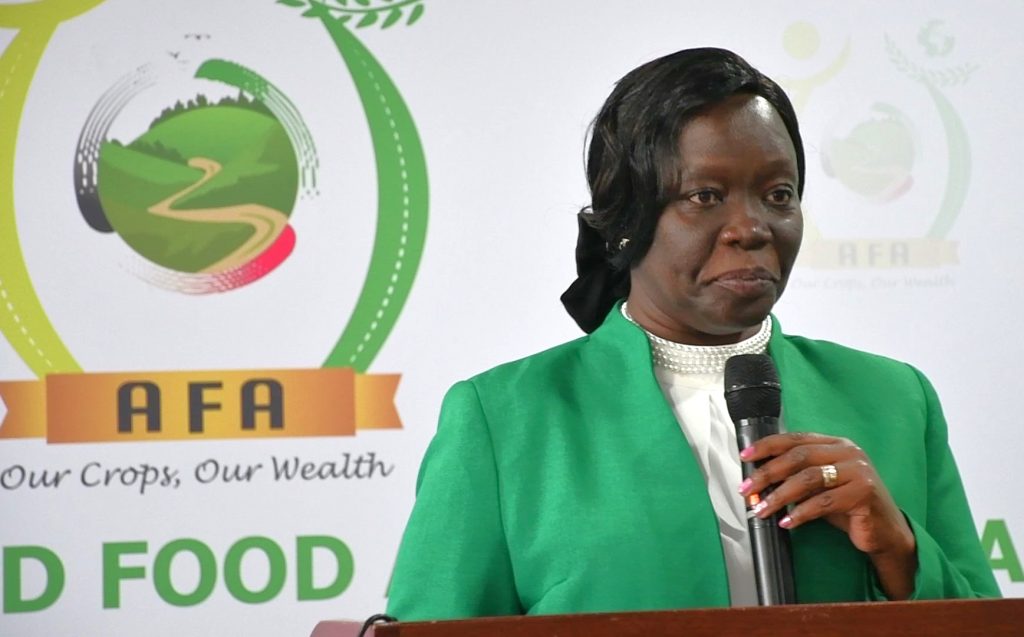
Chesaro further warns Muthomi that the Directorate does not take or abet actions taken based on hearsay or unverified information saying there are channels and processes through which such concerns should be handled. The Director reminded Muthomi that the Avocado Society of Kenya has no supervisory role to the Directorate as he insinuated. He was further warned that failure to desist from such behaviour, necessary action will be taken against the society.
The Avocado Society of Kenya is one of several member associations in the horticulture industry. Others include the Fresh Produce Consortium of Kenya (FPC Kenya), the Fresh Produce Exporters Association of Kenya, (FPEAK), Kenya Flower Council among others.
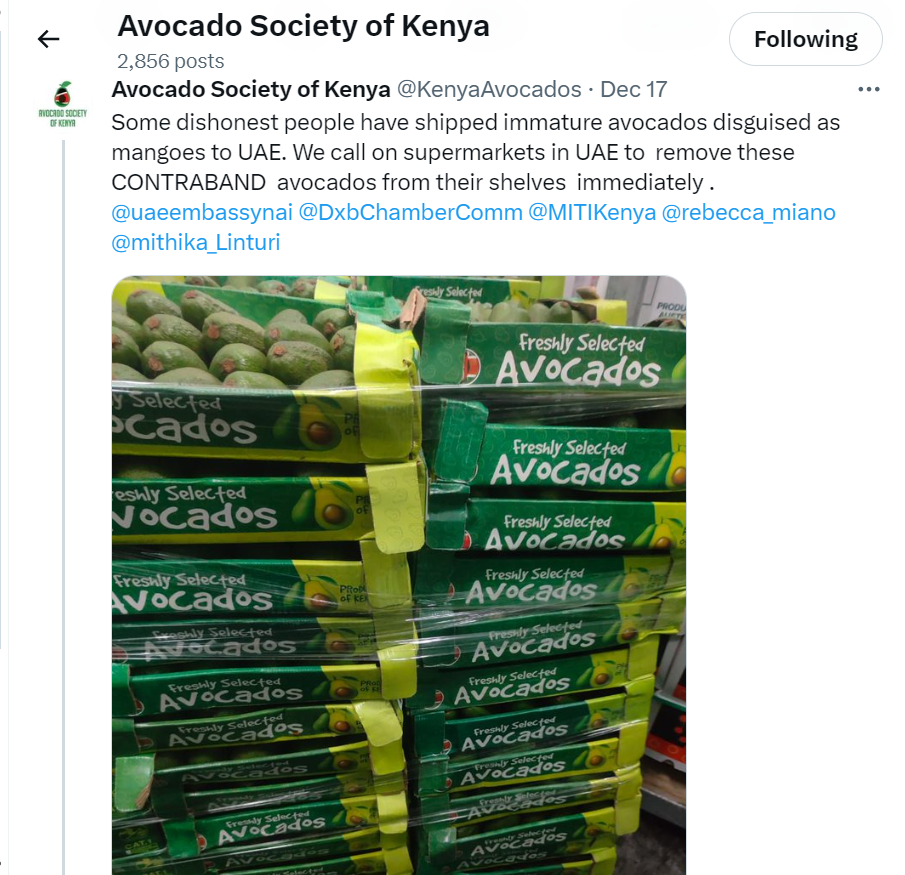
Some of the “X” posts by the Avocado Society of Kenya

Trina May replies to one post on the handle asking “How now? Are they not physically inspected as they leave and as they arrive on the other end?”
Moses Njoroge Jaokoo replies “I deal with horticulture in specific flowers. I know the due process of export. These things cannot even be cleared at the port of origin as mangoes. The truth is the exporter had refused to be your member. Be honorable.”
But speaking to Kilimo News, an unapologetic Muthomi repeated his claims that the HCD was compromised. On why he decided to use social media than the laid down procedure, he said “When I raised the issue the vice didn’t stop but when I posted on social media, they stopped exporting. Where are these people getting more avocados than Kakuzi which has one of the largest avocado farms in Kenya?” He further claimed that the exporters are mixing avocados with mangoes to conceal immature ones.
Muthomi also said he was not afraid of anything since everything he was saying and doing had the blessings of the Avocado Society of Kenya Board.
However, the CEO of FPC Kenya Okisegere Ojepat, says that Kenya has not banned the export of avocado hence they were available. “Kenya instead has restricted the export of avocado to air due to less volumes that we are having in the country at the moment. As stakeholders we met in November and agreed that we restrict our exports to air and not by sea. Even though that has been met we also agreed on the mechanism of approving a particular exporter to export. We will be meeting in January to review when to resume the export by sea and this is a practice that we have been doing every year. It’s not the first time we’re doing this and therefore, there’s no need for any alarm and the country is in control, we are in touch with the regulators, we are in touch with all logistics companies, we are in touch with the port authorities and we are literally in touch with everyone,” he says.
Okisegere says there are laid down procedures they follow in case there is a breach of the law. “We have seen in the last few days unfortunate comments from different stakeholders claiming that Kenya is exporting immature fruits and also exporting mixed fruits which is wrong. It’s untruthful, it’s unfounded, it’s uncalled for and it’s basically malicious and we do not authenticate the source of such information. We have good quality produce; the government is in control and the systems are being followed and therefore there should be no reason to scare anyone and nobody should be scared from sourcing from anywhere. However, in an event there’s any case we have asked any stakeholder to come forth and report any such malpractices. As an industry we have a mechanism to address any disputes, we have a platform where the private sector and public sector work together in addressing any such claims as a multi stakeholder forum where we then are able to isolate such cases,” he opined
He added that as stakeholders, they are aware that the government has taken up this issue seriously and different arms of government are dealing with it to ensure that such “rumours” being posted on social media are brought to a halt and decency is brought back to the industry.
On the issue of immature avocado finding its way to the export market, Okisegere said the laid down procedure in the industry makes it difficult.
“I want to clarify that it is very difficult for immature fruits to leave this country. The reason is that we have insisted that there will be a traceability system for every fruit that leaves here. The process is that an exporter will write to the HCD, informing them of the available fruits that they intend to export while declaring the source of their fruits. The authority then deploys inspectors to go to there and check the maturity of the fruit, the volumes of the same fruit and then issue a permit for that specific consignment and follow it through until packaging is done. After packaging has been done it is then taken over by Kenya Plant Health Inspectorate Service (KEPHIS) and before it issues a phytosanitary certificate there is a verification process that it undertakes that assures them that the quality is right and ripe. KEPHIS then issues a phytosanitary certificate which is issued based on the volumes of the day and therefore a permit and phytosanitary certificates are issued consignment by consignment,” he explains.
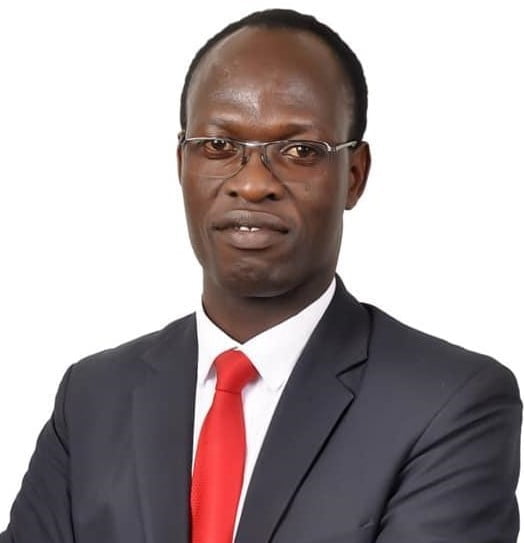
Okisegere adds that together as private and public sectors, they have a mechanism of monitoring every exporter including the smallholder and the large-scale farmers where this fruit actually comes from. And before it goes to the logistics company there is a report that is issued to the clearing agents or logistics agents to confirm that the stated consignment has been verified by the relevant government agencies and authorities before they load. After that it goes to the marketplace.
“I’m here to assure stakeholders both internally and the world over that Kenya remains your source of good quality avocado and soon and I stand here therefore to assure the world that Kenya is a safe source of good quality avocado and please go ahead and engage with exporters from Kenya please, plan your procurement please work with our exporters to ensure that we continue exporting the good quality that we have in this country,” says Okisegere.


